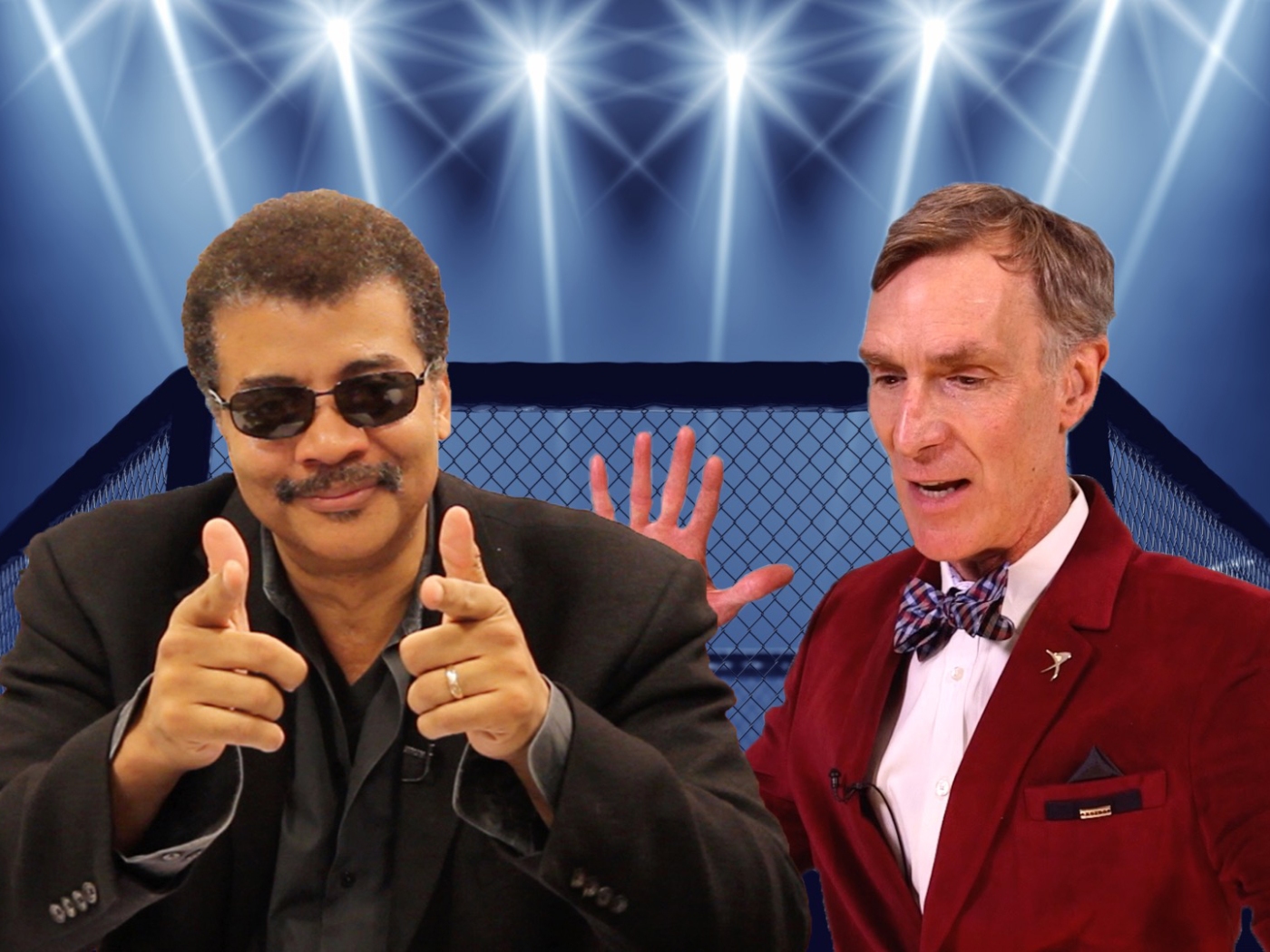Picture: businessinsider.com
Who are the most famous scientists in the world today? I think many reading this, those in science and outside, would say that Neil deGrasse Tyson, Stephen Hawkins, Jane Goodall and Edward Wilson are good examples. For many of us, they are well-known because they are a popular feature in the media because of the work they do. While their work did put them on the map, their media presence—and how they use it—is what made them famous in all four corners.
This question got me thinking about a round table discussion I was in with other scientists, students and a visiting professor, Andre Drenth, from the University of Queensland. Prof Drenth is a well-known scientist, to me and those working in plant health, who has published extensively—more than a hundred scientific papers. He is also a wonderful communicator; delivering entertaining talks and even writing popular science pieces for the general public. The discussion with Prof Drenth was largely about plant health and science in general but we did get into an interesting discussion around science communication.
During the discussion, one of our research fellows asked whether scientists should just stick to doing what they are good at, science; and journalists and science writers to writing about it. Prof Drenth replied by sharing a story about the popular piece he wrote for “The Conversation” and how much attention it got from the general public and the press. Today, that piece has more than 700 shares on Facebook, 93 on Twitter and 49 on LinkedIn. According to Prof Drenth, this piece had more views than his best scientific paper. The popularity of that piece and its relevance for the general public even got him on the radio. For Professor Drenth, his colleagues, their science and the university, they are all on the general public’s radar.
A journalist or science writer could have written this piece and it would probably have the same reach, but it robs a scientist of being able to build a relationship with the public; and these relationships are incredibly important. We live in a time where there is an awful amount of bad science and fake news circulating in the public space and navigating it without a guide can be difficult. The public needs good scientists to be their guides; to write and share good science not only for scientists but the general public.
I know many scientists who are reluctant to adapt their science for a broader audience because they think there “isn’t a real benefit.” I can understand that. If you look at Prof Drenth’s university profile, you will find a list of all of his scientific outputs; however, there is no mention of his popular piece in “The Conversation.” Isn’t it scientific, even if it is written for a general audience? I think so. Is it important? Absolutely! So then, shouldn’t it be recognized as a scientific output and something to be proud of, professionally?
As scientists we owe it to the world and to ourselves to share our knowledge and bring an understanding to this beautifully complicated world. Also, quite a bit of public money goes to research, so the taxpayers do need to know where their money is going. What we mustn’t forget is that by asking scientists to communicate more it doesn’t mean we want more science communicators—that is a different job. The science community just wants scientists to be scientists and share their science.
And why shouldn’t they? There are many famous scientists within the science community, many more than those recognized in the public space. These scientists are often the leaders in their fields, on the cutting edge of science, looking to answer some of the world’s toughest questions. Every day they unpack some of the most beautiful stories the universe has given us and those stories need to be told to more than just scientists.
While your science might not be that of Einstein’s (one day, maybe) or your writing like Goodall’s (practice, practice), that shouldn’t discourage you from getting your research out—beyond the lab and the pages of scientific papers. All famous scientists started as, well, just scientists. One could choose to stay famous in science, and that’s good for science, but breaking away from the laboratory could make you the next generation’s deGrasse Tyson or Edward Wilson and that’s what we need to fight fake news and restore people’s faith in science, going forward.

Leave a comment